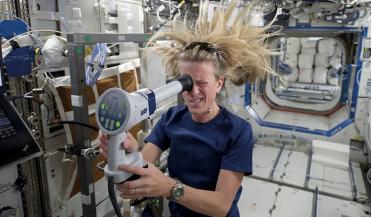 October 2025
Investigating the hidden effects of zero gravity on astronaut vision
October 2025
Investigating the hidden effects of zero gravity on astronaut vision
..., medical priorities focused on more immediate concerns, such as preventing pathological changes to the musculoskeletal system in zero gravity and protecting astronauts from space radiation. Only after these primary challenges were addressed did...
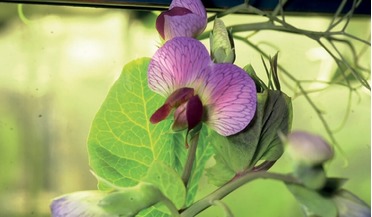 May 2017
Growing plants without gravity
May 2017
Growing plants without gravity
... Tsiolkovsky, modern scientists had doubts that plants would be able to successfully grow and reproduce in a zero gravity because their dependence on gravity was considered too great. Early experiments also suggested it was unlikely that plants would...
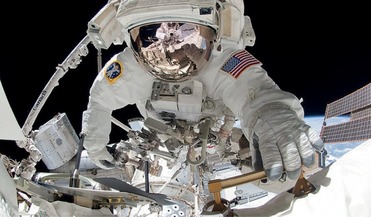 March 2018
Zero gravity and the human heart
March 2018
Zero gravity and the human heart
... living under the extreme environmental conditions in a zero-g environment the cardiovascular system adjusts itself accordingly. ... expands and gas exchange improves in the absence of gravity. Blood pressure - in space, when gravitational attraction ...
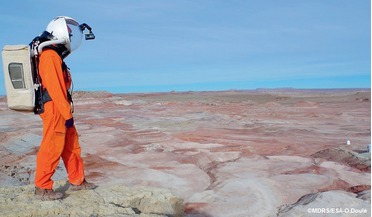 December 2014
Ready for Mars? From Mars-500 to zero-gravity medical issues
December 2014
Ready for Mars? From Mars-500 to zero-gravity medical issues
... the medical consequences of living in space and undertaking flights to deep space and Mars. The initial impact of zero gravity, first experienced by Vostok cosmonaut Herman Titov back in 1961, is called space adaptation syndrome (SAS). This is where...
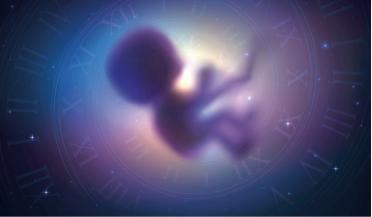 April 2025
A bun in the (space) oven - Reasons not to get pregnant while going around Earth at 7.8 kilometres per second
April 2025
A bun in the (space) oven - Reasons not to get pregnant while going around Earth at 7.8 kilometres per second
...opposite reaction. But nobody has ever had a zero gravity or low-gravity pregnancy and progressing from current knowledge levels to ... can be done on Earth, but it turns out simulating altered gravity is really hard Now, take all of the above, and add...
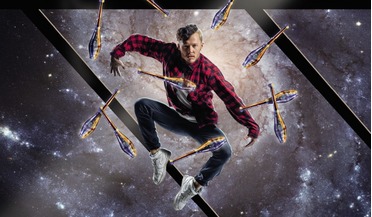 August 2021
Born to juggle in space
August 2021
Born to juggle in space
... movement and intrigue with outer space merged. Adam was inspired to create a technique for juggling in a realistic zero-gravity environment here on Earth. Now, after months of practising and refinement, he is able to perform the kind of juggling one...